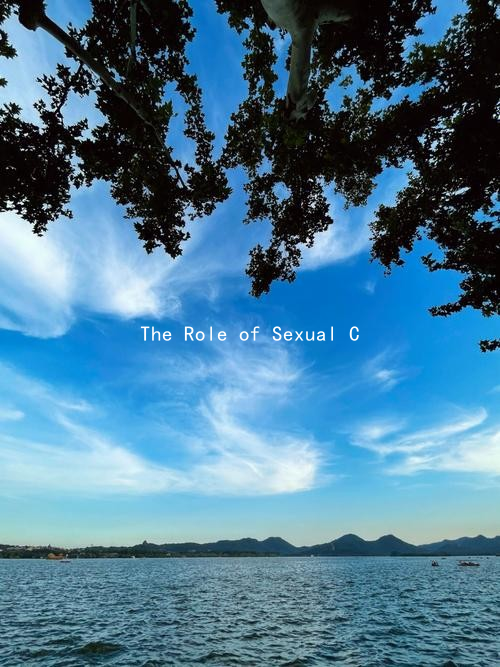Love Beyond Mood Swings: Relationship Tips for Those Affected by Bipolar Disorder
Love Beyond Mood Swings: Relationship Tips for Those Affected by Bipolar Disorder
Navigating the intricate dance of love can be especially challenging for couples where one partner experiences bipolar disorder. The mood swings associated with this condition can sometimes lead to misunderstandings, emotional distress, and communication breakdowns. However, with understanding and the right approach, couples can build a resilient and loving relationship that thrives despite these challenges. Here are some essential tips for fostering a healthy relationship when bipolar disorder is a factor.
1. Educate Yourself and Your Partner
Understanding bipolar disorder is a crucial first step. Knowledge helps demystify the condition and its impact on emotions and behavior. Both partners should spend time learning about the symptoms, triggers, and treatments available. This education fosters empathy and enables both members of the relationship to respond to situations with compassion rather than frustration.
2. Open Lines of Communication
Clear communication is the cornerstone of any successful relationship, and in the case of bipolar disorder, it’s even more critical. Encourage open discussions about feelings, experiences, and concerns. Create a safe space where both partners can express their emotions without the fear of being judged. Practicing active listening not only shows support but also helps build trust.
3. Recognize the Signs of Mood Changes
Being attuned to mood changes can help both partners navigate the ups and downs more effectively. Establishing a shared understanding of warning signs is essential. Discuss how these shifts impact the relationship and develop strategies together for times when mood changes occur. This can include agreed-upon phrases or gestures that signal when one partner needs space or support.
4. Set Healthy Boundaries
Boundaries are important in any relationship, but they become even more vital when dealing with mood fluctuations. Discuss and agree on what behaviors are acceptable during challenging times and what is not. For instance, it might be necessary to agree on times to take a break from discussions during a manic or depressive episode. These boundaries will help prevent resentment and miscommunication.
5. Cultivate Patience and Flexibility

Relationships require patience, especially when facing the unpredictability of mood swings. It’s important to remember that reactions during extreme moods do not always reflect one’s true feelings or beliefs. Practice flexibility when plans change unexpectedly or when one partner needs support. Building a routine that allows for adjustments can make transitions smoother.
6. Find Support Together
Both partners should seek appropriate support networks, whether through therapy, support groups, or online communities focused on bipolar disorder. Being able to share experiences with others who understand can be incredibly beneficial. Consider attending therapy sessions together to enhance communication skills and address relationship challenges in a constructive environment.
7. Practice Self-Care
Self-care isn’t just beneficial for individuals with bipolar disorder; it’s equally important for their partners. Engage in activities that nurture your mental, emotional, and physical well-being. Encourage each other to maintain healthy habits, such as regular exercise, proper nutrition, and sufficient sleep, as these can alleviate some of the stress attributed to managing mood swings.
8. Celebrate the Good Times
Amidst the challenges, it’s vital to recognize and celebrate the positive moments in your relationship. Create traditions or small rituals that reinforce your bond when times are good. Acknowledging the strengths of your relationship can provide motivation and hope when faced with difficulties.
9. Seek Professional Help When Needed
If you find that your relationship is struggling to cope with the challenges posed by bipolar disorder, consider professional help. A licensed therapist familiar with bipolar disorder can provide valuable tools and strategies tailored to your specific situation. This support can foster greater understanding and connection between partners.
In conclusion, love doesn’t have to be overshadowed by the challenges of bipolar disorder. With mutual effort, understanding, and appropriate strategies, couples can navigate the peaks and valleys of their relationship successfully. Focus on the shared journey, embracing both the highs and the lows with love, compassion, and resilience.





